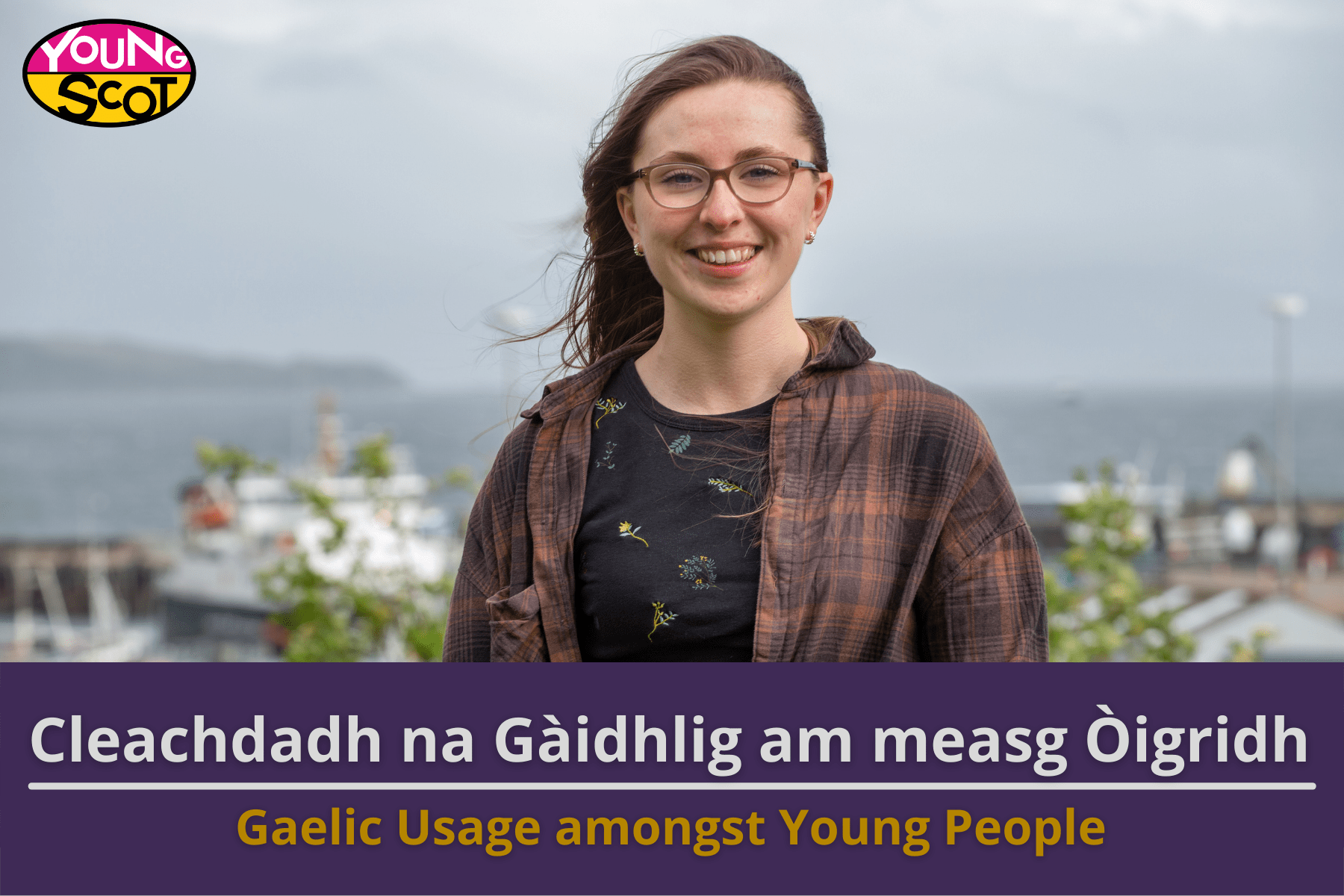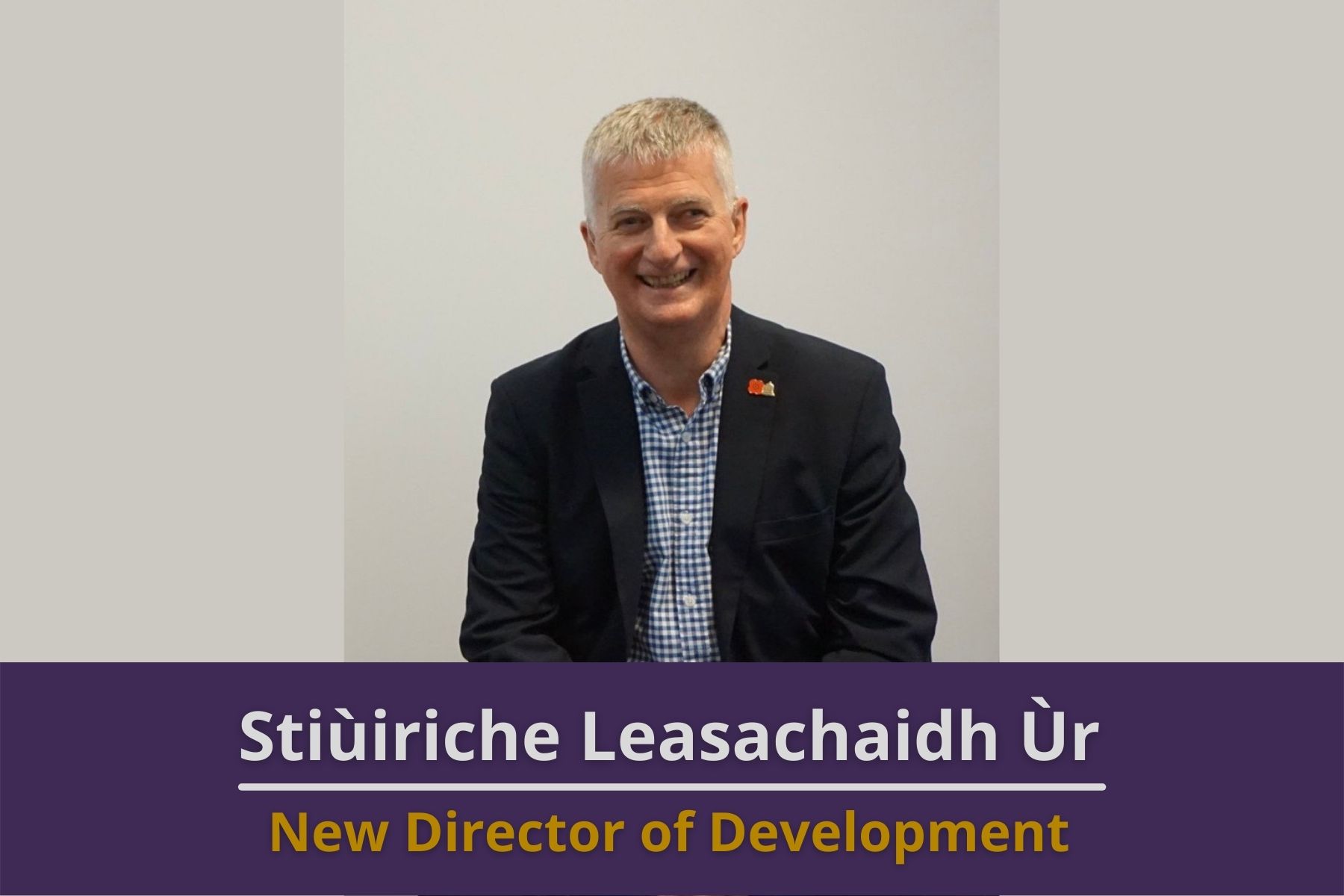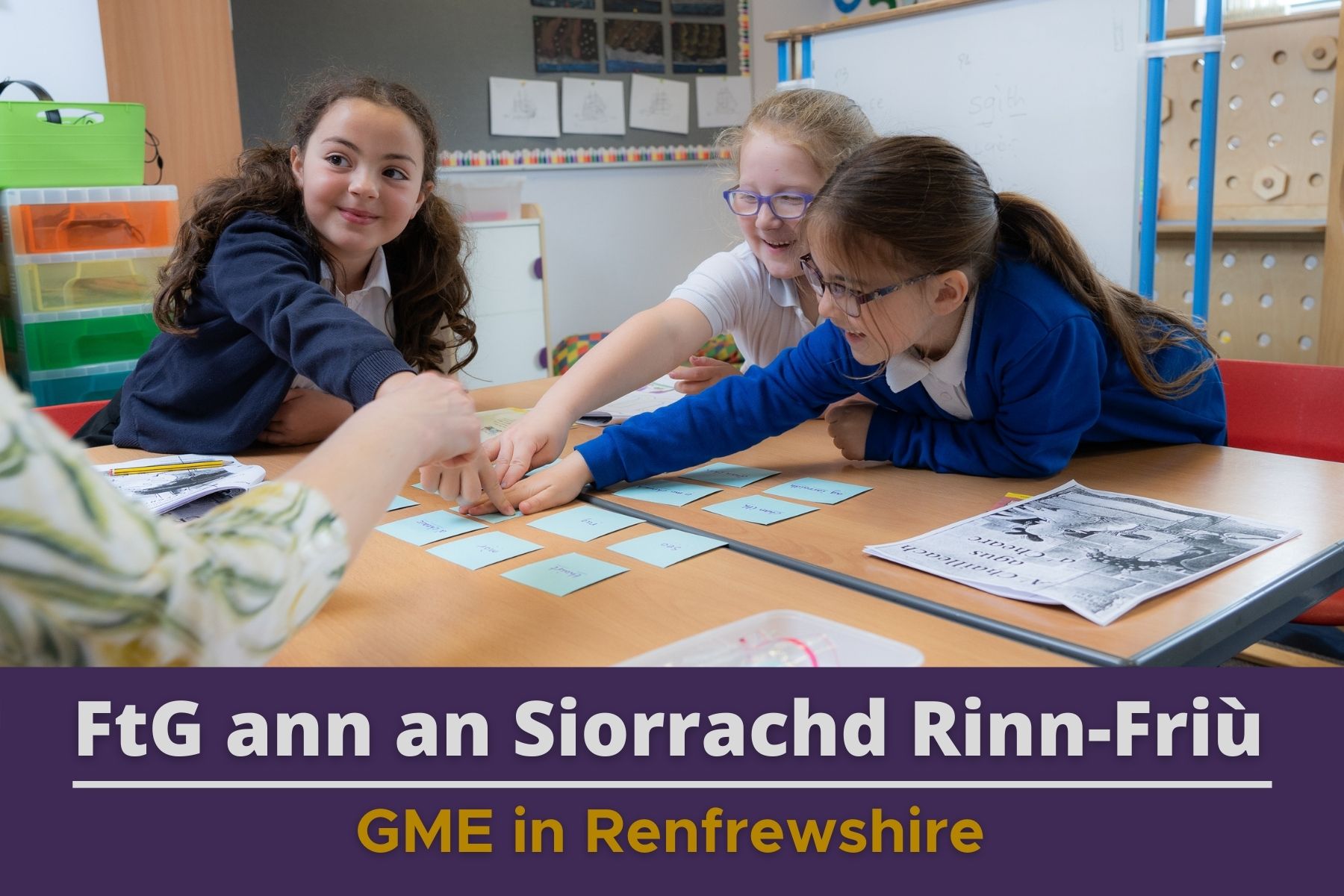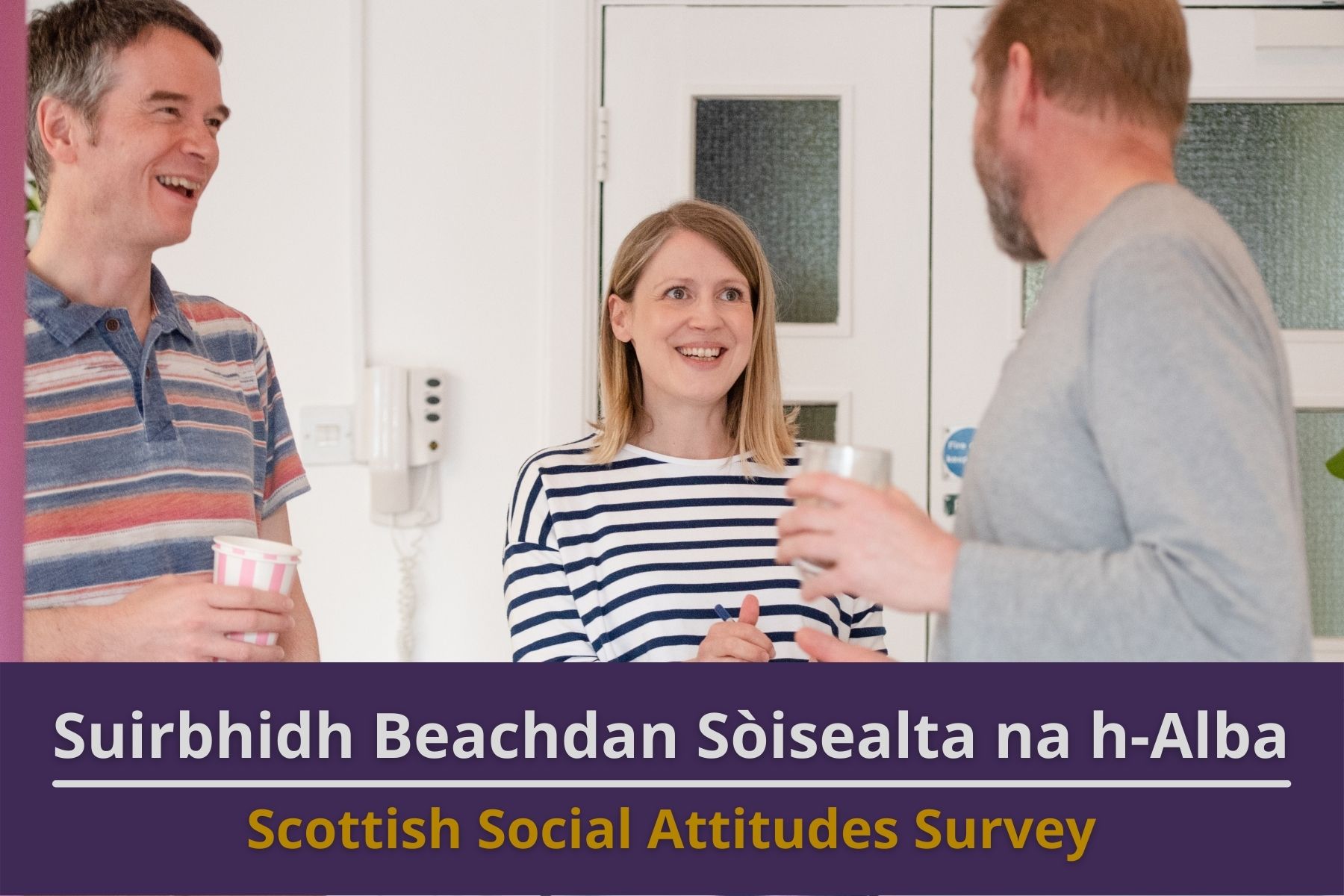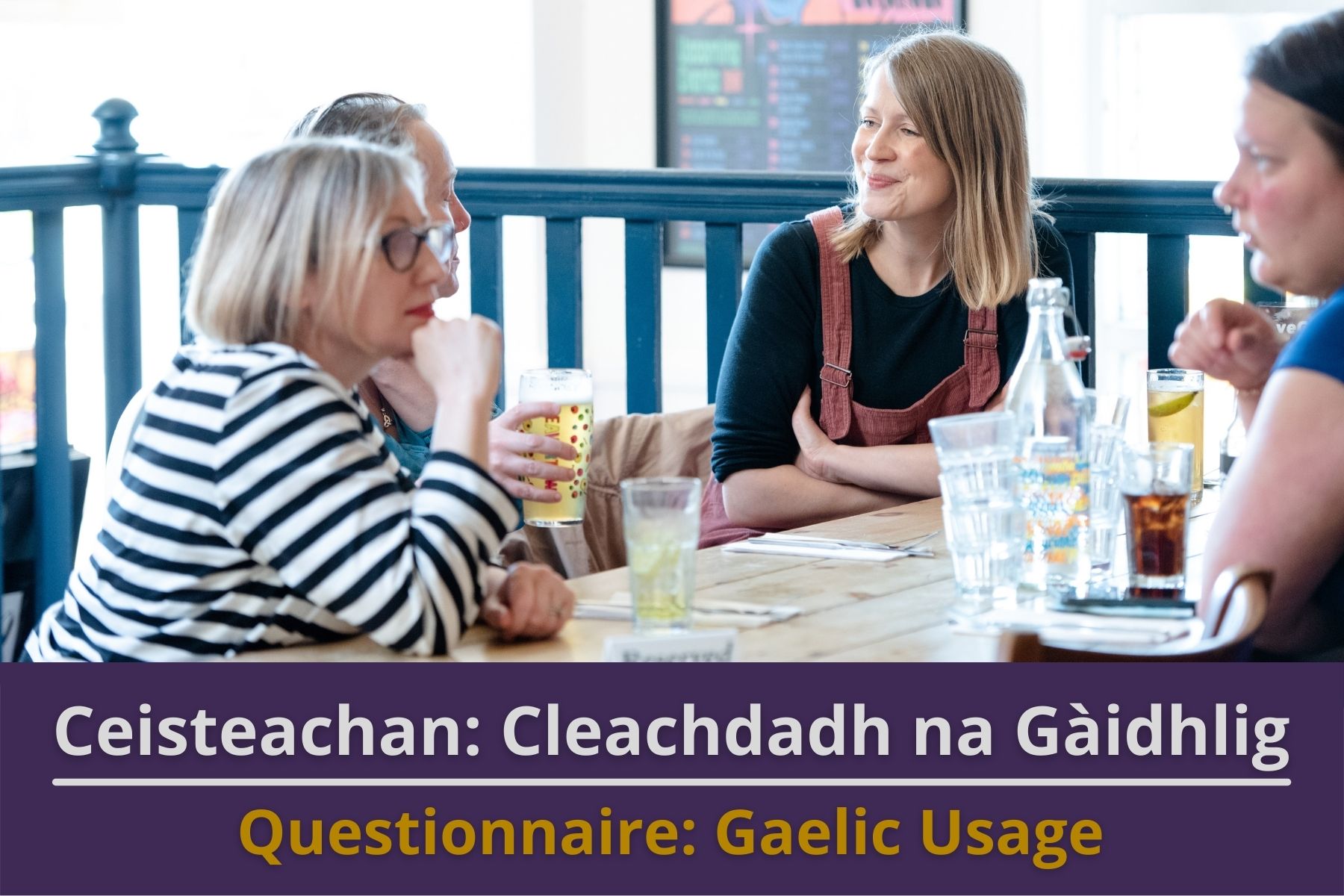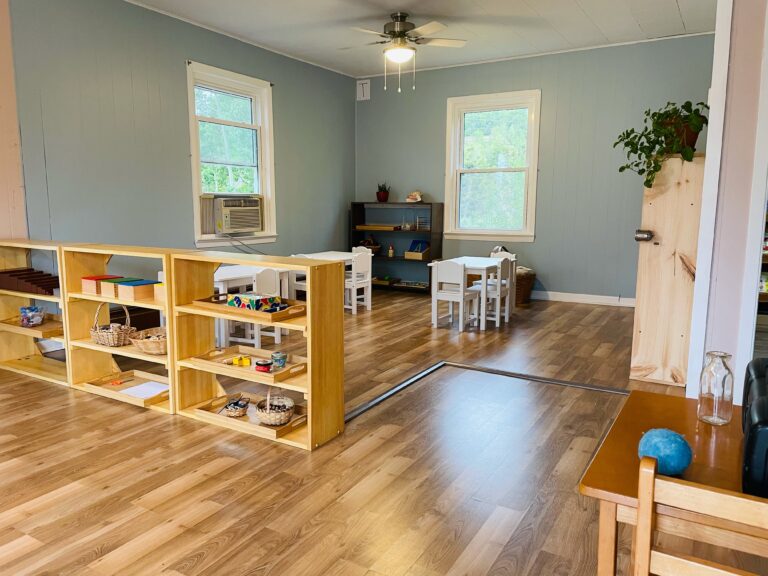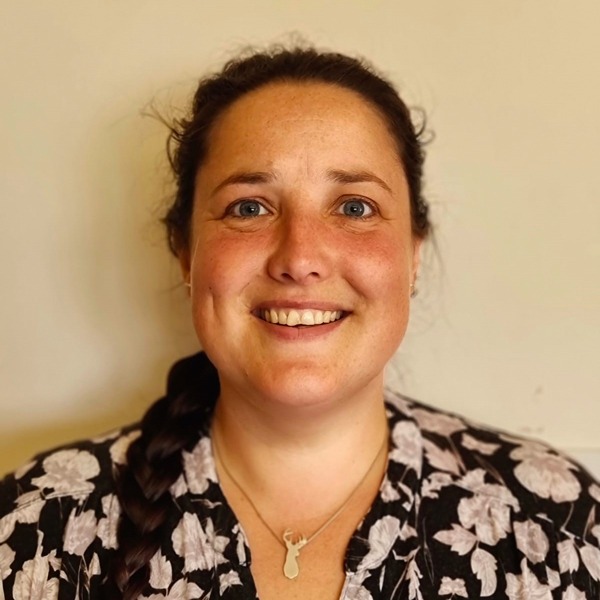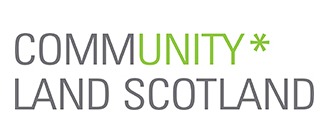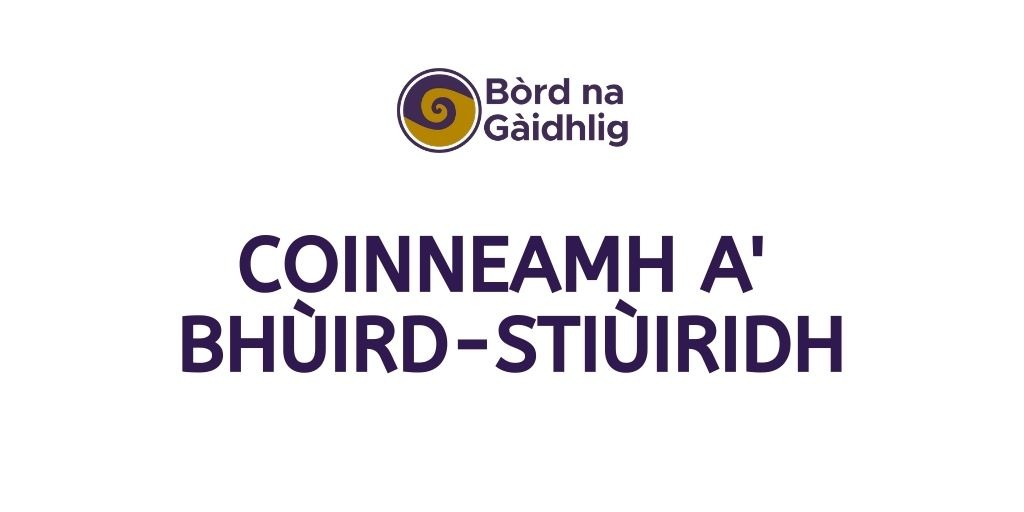At the beginning of the year, Young Scot ran an online survey to learn more about the online spaces where young people aged 11-26 see and engage with Gaelic and about the Gaelic types of Gaelic content they’d like to see more of. The survey ran between December 2021 and April 2022, just as it did last year, which gave Young Scot the opportunity to compare the responses between the two and track any differences between them.
1,153 young people responded to the survey this year, an increase of 437 on the previous year. Of the young people who answered the survey, 61.1% said they cannot speak, read or write Gaelic, 32.8% said they are currently learning Gaelic, and 6% described themselves as being fluent Gaelic speakers. While the young people answered different questions depending on the level of fluency they described themselves as having, all respondents were asked the same two final questions;
- How valuable is Scottish Gaelic?
- How valuable is Scottish Gaelic culture and heritage?
When asked these questions, over two thirds (69.7%) of young people said that Gaelic is valuable or very valuable and nearly three quarters (72.2%) said that Gaelic culture and heritage is valuable or very valuable. Now, that’s some positive news!
Almost three quarters (74%) also said that they would like to see more Gaelic content online and on social media and Instagram (74.1%), TikTok (70.5%) and YouTube (64.6%) are the platforms they use most.
The survey report was published at the beginning of June and you can read that on Young Scot’s corporate website to learn more about the reasons young people gave for wanting to learn Gaelic, the types of online content they like and their feelings towards the Gaelic language.

